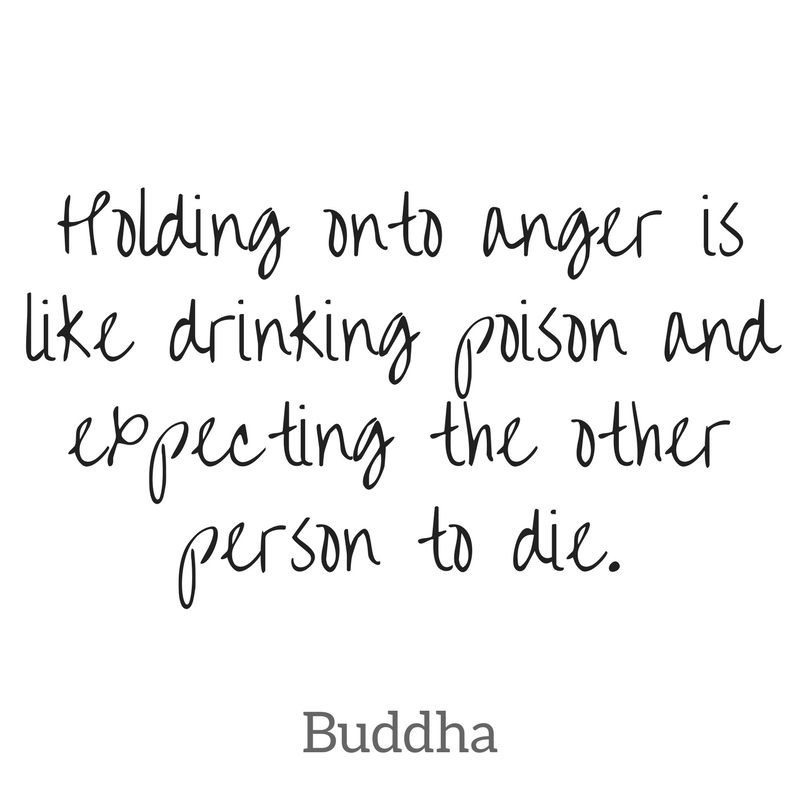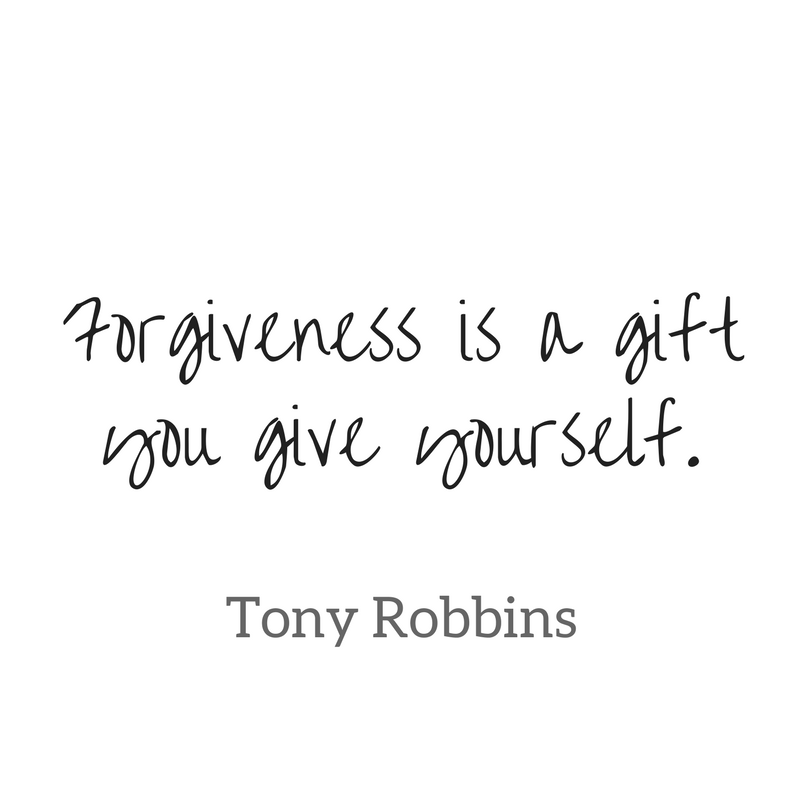I wrote a post last week about being angry. I was very angry, both with my mother and with K, a man I had been spending time with… and probably with a lot of other things I didn’t go into in the post. And actually, if I’m honest, I was also probably just feeling a fair amount of anger and frustration at life in general – in the way that can happen, when you’ve been through a period of changes and upheaval.
It felt good to be angry; I don’t normally admit to feeling anger at all, unless it is on someone else’s behalf. I felt quite anxious publishing the post though; usually when I write about personal matters they are long since done and dusted, and I felt vulnerable discussing something that was still very much present for me. But I didn’t regret writing or publishing it. I didn’t regret the angry, drunken message I sent to K either. Not even the next morning, in the cold, hard light of a small hangover. I was glad I’d sent it; it needed to be said.
I’m new to this whole “anger” thing though; I’ve not really allowed myself to feel it or to express it before. I’m always reading though, about how it’s important to “let it go” and not hold on to anger. Once I had expressed my anger, I knew I needed to just let it go and move on with my life.

And so… I meditated. A lot. And I did a lot of thinking.
After a while I realised something. If you’re angry with someone, it’s hard to see the situation from their perspective. Likewise, not seeing the situation from the other person’s perspective is often what can cause the anger in the first place.
I have an ongoing battle in my head where my mother is concerned. She is something of a narcissist; every conversation becomes a competition (which she must always win) as to who is the most tired/poor/put upon/insert-other-negative-thing-here. It’s hard to put myself in her shoes when in reality she has probably been the cause of most of the emotional issues I’ve been battling with since I was a child.
I’m an adult now though, and whatever went on in my childhood is in the past. That was not my responsibility, but how I respond to it and deal with my life now is very much my responsibility. I could spend the rest of my life bemoaning the way I was treated as a child, and it would get me precisely nowhere.
What happened then was not my fault; what happens now is my responsibility.
If I stayed angry with my mother each time she riled me, I would be permanently apoplectic. It would go on and on. I would not be a very nice person to be around; I would be drinking my own poison. My mother is in her sixties now; she is never going to change. The only thing I can change is how I react to her. So while I was furious with her for yet again failing to be the mother I wish she was, I also knew this was something I needed to work through on my own if I didn’t want S to be dealing with the same sort of thing when she’s an adult.
After a few (hundred) deep breaths, I came to the conclusion I usually come to once I’ve calmed down a little. My mother, like all of us, is just doing the best she can with what she has.

Similarly, the man who did not treat me brilliantly is just doing his best to get through life in his own way. He has his issues, as we all do, and sometimes all of us have moments when we can’t see past our own problems to be able to worry about someone else’s.
K did not treat me well, but I could have walked away well before things got as bad as they did – so I do have to take some responsibility for that. Honestly, now that I’ve been angry and expressed that anger, I’m just sort of over it. It’s dissipated. The only thing to do is to forgive and move on.
The more I think about it, the more I think the only way to get through anger is to approach the object of one’s anger with compassion. I probably find that easier with other people than with my mother; there are years of resentment there. But if I stay angry, it only hurts me. And if I’m angry, it affects S too. If I allow that to happen, I’m just as bad as my mother aren’t I.
I’ve just started reading a book called Whatever Arises Love That which sounds a bit woo-woo – and that’s because it is. To be honest, it’s a very simple principle that doesn’t really need a whole book: it “does what is says on the tin” as they say: whatever comes up, approach it with love.
This is what I always aim for in parenting: whatever S says or does, however she behaves, no matter what sort of mood I am in, it is my job as her mother to respond with love. She is not giving me a hard time; she is having a hard time.
If I can do that with my child, why should I not do this with anyone else I meet?
Of course, this is one of those things that is much easier said than done in some cases – and it’s also one of those things much more easily done in hindsight. But it’s also a work in progress – and it’s definitely much easier in some cases than in others.
It is always easier to forgive someone when they apologise and ask for forgiveness, but I do believe we should strive to forgive everyone, even if they’ve not apologised and they are not sorry – in fact, especially those people, as anger over their lack of remorse is a particular kind of poison that can make you very bitter, very quickly. My mother is never going to “realise the error of her ways.” She is not likely to ever apologise or ask for my forgiveness; but if I don’t just forgive her and accept her for who she is I will drive myself quite mad without her help.
There is a type of Buddhist meditation known as loving-kindness meditation or metta, during which you offer unconditional love and compassion first to yourself, then to someone who “deserves” it, then to a friend, then to someone about you don’t really have an opinion one way or the other, and then to someone towards whom you feel a level of hostility. There seem to be several different versions of this – and since I’m not a Buddhist and nowhere near an expert, I’ve probably got this more than slightly wrong. But the overall gist of it is that you send unconditional love out to everyone, including the people you don’t like. I won’t lie; it can be really hard to send unconditional love to someone who’s wronged you, hurt you, upset you. But it feels good if you stick at it. It’s helping me to be more compassionate in life. And that feels nicer than being angry.
Whilst anger has its place – and it is certainly better expressed and dealt with rather than shoved down and denied – I would rather opt for compassion and love, where I can.

1 Comment
Scotto · 19/10/2017 at 22:06
All well said and we’ll thought. Compassion is wonderful outlet.